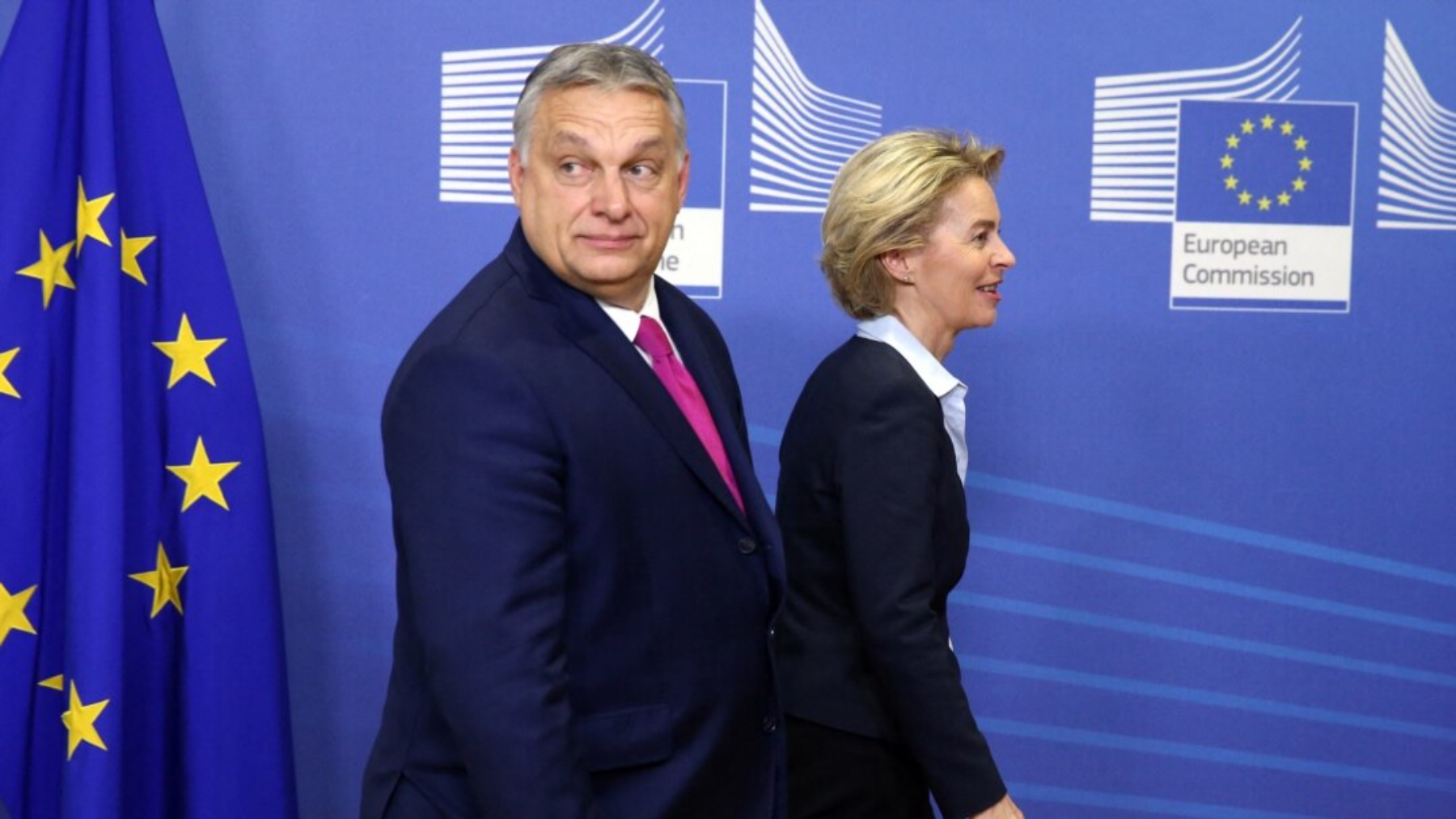The European Commission has decided to take Hungary to the Court of Justice, asserting that its national law on “protection of sovereignty” violates EU law. This law aims to combat foreign influence.
According to the Commission, the law establishes an Office for the Protection of Sovereignty tasked with investigating specific activities allegedly carried out in the interest of another state or foreign entity, organization, or person—activities that are said to “violate or threaten Hungary’s sovereignty.”
In a statement, the Commission noted that it had informed Hungary of its concerns about the law back in February of this year. However, after Hungary’s response to these concerns was deemed unsatisfactory, in May the Commission issued an opinion reiterating its worries regarding the infringement of the EU Charter of Fundamental Rights, internal market freedoms, and EU data protection legislation.
“In response to this opinion, Hungary claimed that the sovereignty protection law does not violate EU law and that the raised concerns were unfounded,” stated the Commission.
Nonetheless, the Commission emphasized that the majority of concerns raised regarding this issue remain unaddressed.
On December 12, 2023, the Hungarian National Assembly approved the sovereignty protection law, which empowers the Office for the Protection of Sovereignty to conduct investigations.
This office can investigate “any activity funded from abroad that may influence election outcomes, the will of voters, or support such activities.”
The preamble states that the law was enacted in response to “illegal attacks on Hungary’s sovereignty by foreign organizations and individuals aiming to protect their interests in Hungary and oppose Hungarian interests and regulations.”
The law mandates that the findings of investigations be made public. Additionally, negative consequences are anticipated for entities that are subject to investigation.
The EU and Budapest have previously clashed over the rule of law in Hungary and the respect for the rights of the LGBT community.







